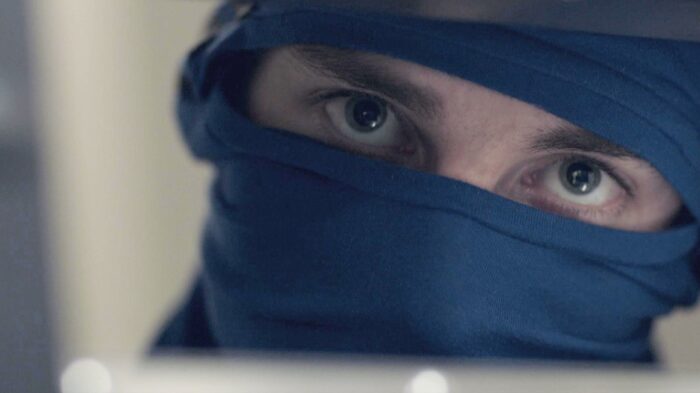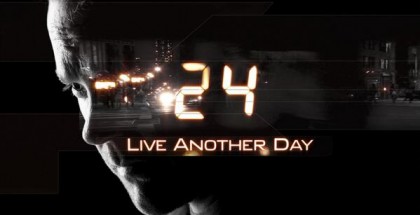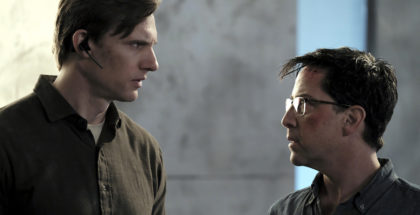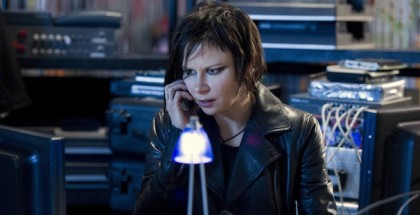True Crime Tuesdays: 24 Hours in Police Custody
Helen Archer | On 09, Nov 2021
And so we come to the end of the 12th season of 24 Hours in Police Custody, Channel 4’s series that goes behind the scenes at Luton police station, following Bedfordshire cops as they investigate increasingly harrowing crimes. Over the years, the programme has developed from your typical fly-on-the-wall workplace documentary into something altogether more absorbing. From drugs busts to murder, it’s not exactly fodder for the local tourist board, but it proves to be fascinating viewing.
While there is a glut of police procedural documentaries, 24 Hours stands head-and-shoulders above the rest. The format, by The Garden Productions – who are also at the helm of 24 Hours in A & E – is tailor-made for drama. The specific time period demarcates a beginning and end, with a natural tension built in. Generally starting with a 999 call, police body camera footage then captures the crime scenes, the aftermath of tragedies and the arrests. CCTV can fill in the blanks, showing us everything from mass brawls to people fleeing the scene of the crime. The cameras follow as suspects are booked in to the station and sent to the cells, while behind the scenes police gather evidence and discuss tactics. It all leads up to the interviews, where extreme close-ups of the detainees’ faces as they either deny all allegations or, more commonly, respond to each question with ‘
“no comment”, under advisement of their lawyers. By the end, we know the result, as the fate of the suspects (and the victims) are disclosed in the closing credits.
When the programme deviates from this formula, it can go wrong. The opening episode of Season 12 focused on the assault of three generations of a family in their own home, after they opened the door to an assailant pretending to be a delivery man. There was seemingly no motive and the attacker fled the country before he could be apprehended. It was both an unsatisfying and baffling opener, which only served to spike viewers’ anxiety. Fortunately, it was an outlier, and the rest of the season quickly got back on track.
The tone of each episode is dependent on the crime being investigated. In a previous series, there was been fun to be had with a biscuit-loving, tea-drinking, not-far-from-retirement cop, who takes delight in his investigation into a wealthy stately home owner who attempted an insurance fraud by reporting the theft of some obscure antiques. In this series, a mass brawl in Luton town centre on a Sunday afternoon – complete with hammers, machetes, and boiling hot oil used as a weapon – is quickly identified as a turf war centring around a fast food outlet. Officers are accused of being on the payroll of peri peri chicken, as the suspects attempt to convince police that ownership of the restaurant had initiated the violence. “Apparently, they make very good chicken,” one officer wryly observes, while others bemoan the lack of free dinners they are accused of benefiting from.
But as the season continues, things gets ever-more dark and disturbing. There’s not much levity to be found in murder, grooming or seriously injured babies. The two-parter in the middle of this run, titled The Horror House, looks at the investigation into historic sexual abuse by a prolific paedophile, who targeted vulnerable children by getting them hooked on drugs in order to exploit them. Previous investigations had been mishandled, as victims were written off as liars and petty criminals, and the producers here don’t hold back in emphasising the fact that much misery could have been avoided if police had taken the allegations seriously much, much earlier.
Some would write the programme off as “copaganda”, and it’s hard to reconcile the policing we see portrayed here with the kind of headlines we now see in the papers on a near-daily basis. Yet issues such as institutionalisation and the varied reasons behind repeat offending, as well as the limits of probation services, are probed in a humane and thoughtful manner. There is a real sensitivity evident towards the victims and – occasionally – the suspects, and the individual police who take part are fairly open about the mistakes of the past. Perhaps it’s not the best accompaniment for an increasingly anxiety-ridden society – the programme certainly does not make for easy Covid-19 viewing. But when the victims speak out, it’s impossibly moving television, showing us the real life devastation behind the crimes and putting faces and stories to media reporting that often flattens complex issues into a good-versus-evil dichotomy.
24 Hours in Police Custody is available on All 4 .



















